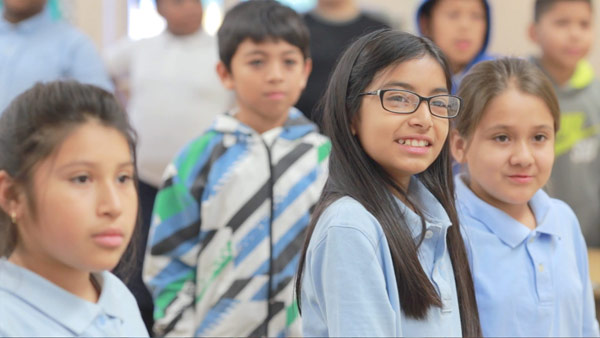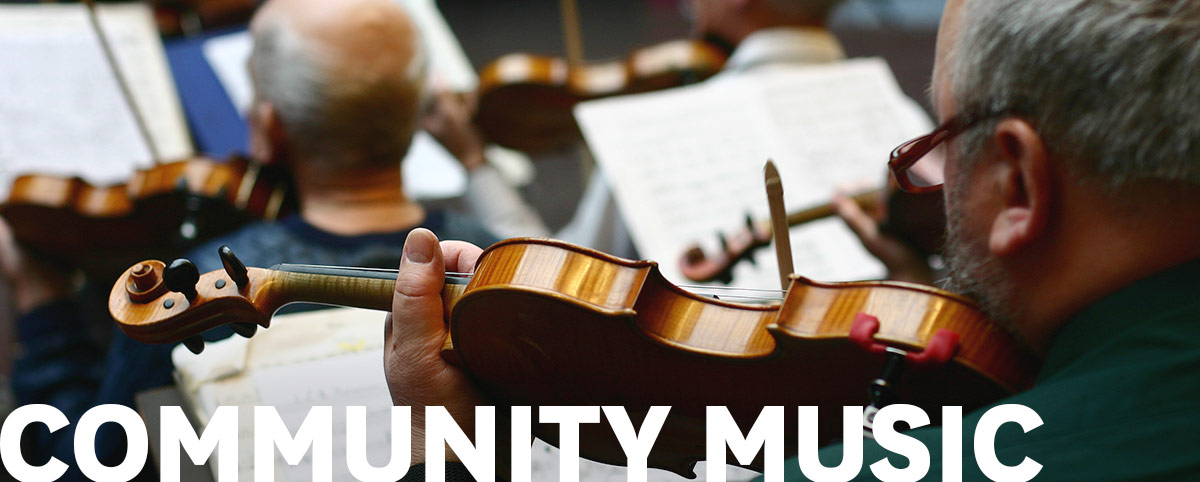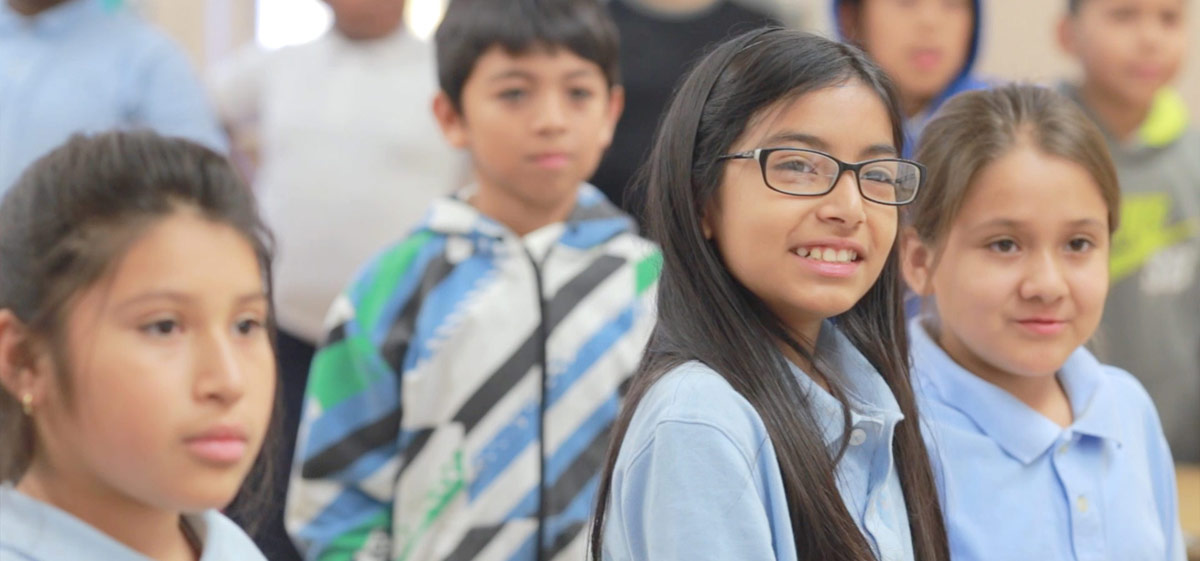
Careers In Community Music
By

Community music is an emerging field aimed at using music as an agent for positive change in nontraditional settings. From after school music programs for at-risk youth to nonprofit music education for senior citizens, people of all ages benefit from community music programs.
In fact, there is a lot of research that supports the argument that music benefits people of all ages. Two studies from the National Association of Music Merchants Foundation show that adults who participate in community music programs and at-risk youth experience significant mental and physical health improvements and improvements on their cognitive development.
According to the leader of one of the studies, Nina Kraus, “This research demonstrates that community music programs can literally ‘remodel’ children’s brains in a way that improves sound processing, which could lead to better learning and language skills”.
Remodeling children’s brains may sound like a stretch, but a recent study from the Brain and Creativity Institute at USC confirms that music training can change children’s brain structure and boost their decision-making network.
The value of community music programs is clear. So what does it mean to lead a career in community music? Many careers in community music involve fulfilling, service-oriented work, and offer the opportunity to develop skills in arts administration, program management, music education, and music therapy.
Let’s examine different career paths and how community-minded musicians can get involved.

COMMUNITY MUSIC ADMINISTRATION AND MANAGEMENT CAREERS
Ex. Director of Music Therapy, Director of Education and Community Engagement, Content Specialist, Consultant, Program Administrator, Marketing & Outreach Specialist
“Community music programs offer musicians with business savvy the opportunity to refine valuable organizational skills in program development and administration” said Susan Helfter, director of USC Thornton’s Master of Music in Community Music degree program, “In these roles, you’ll work behind the scenes on a variety of tasks including curriculum development, marketing, community engagement, grant writing, and more.”
With courses in arts administration, entrepreneurship, music pedagogy, and community engagement, USC’s brand new Master of Music in Community Music program offers an unparalleled learning experience that will prepare you for a career in this emerging field.
To get a better idea of an exemplary career path in community music, check out USC alumna Laura Reynolds’s Community Music Spotlight. Reynolds was a performance major who started volunteering with USC’s community engagement program and worked her way to become Director of Education and Community Engagement for the Seattle Symphony.
Since many community music programs function similar to startup businesses, there are ample opportunities for people with an entrepreneurial mindset to succeed.
National music and art organizations like the National Guild for Community Arts Education are great places to learn more about specific community music programs, find job opportunities, and network with other community music educators.
The best part about community music programs is that anyone can get involved. Local programs regularly seek volunteers that can teach music, organize events, and help fundraise. So even if you lack experience you can get involved and explore your interests.

CAREERS IN COMMUNITY MUSIC THERAPY AND EDUCATION
Ex. Music Therapist, Music Instructor, Performer
As a community music instructor or music therapist, you’ll bring music learning into nontraditional locations and work with adults and children of all different backgrounds. Musicians are able to travel and perform with purpose.
Specific opportunities vary by program, but you may lead a keyboard class in a prison one day and work with developmentally disabled students for a nonprofit music program another.
“Opportunities in community music therapy and instruction are diverse, so it’s important to get involved early and determine which environment and role you’ll excel in,” said Helfter, “Interpersonal skills are always important in community music, since your main goal is to connect with others.”
If you’re interested in music therapy, the American Music Therapy Association has a myriad of resources and information available on different educational programs and ways to get involved.
Want to get started immediately? Apply to USC Thornton’s Master’s of Music in Community Music degree program, a hybrid program that covers the ins and outs of community music, arts administration, and music pedagogy.


